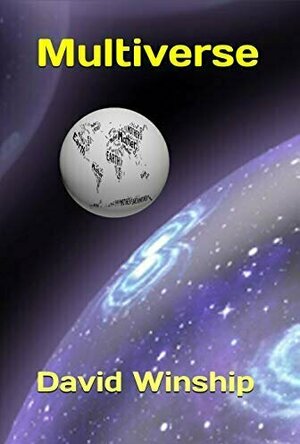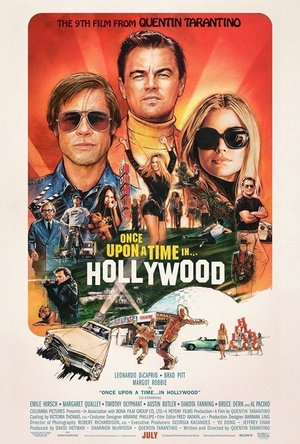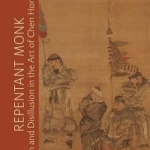
Repentant Monk: Illusion and Disillusion in the Art of Chen Hongshou
Book
Repentant Monk: Illusion and Disillusion in the Art of Chen Hongshou is the first U.S. exhibition...
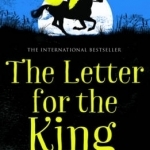
The Letter for the King
Tonke Dragt and Laura Watkinson
Book
A young messenger. A secret mission. A kingdom in peril. It is the dead of night. Sixteen-year-old...

Silk Road Vegetarian: Vegan, Vegetarian and Gluten Free Recipes for the Mindful Cook
Book
"Her first cookbook, Silk Road Vegetarian, ...is a thoughtful and delicious collection of...
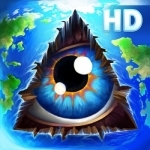
Doodle God™ HD
Games and Education
App
Over 190 Million Players Worldwide! Available in 13 Languages UNLEASH YOUR INNER GOD AND CREATE A...
Ivana A. | Diary of Difference (1171 KP) rated Multiverse in Books
Aug 3, 2020
<a href="https://diaryofdifference.com/">Blog</a>; | <a href="https://www.facebook.com/diaryofdifference/">Facebook</a>; | <a href="https://twitter.com/DiaryDifference">Twitter</a>; | <a href="https://www.instagram.com/diaryofdifference/">Instagram</a>; | <a href="https://www.pinterest.co.uk/diaryofdifference/pins/">Pinterest</a>;
<img src="https://diaryofdifference.com/wp-content/uploads/2020/04/Book-Review-Banner-38.png"/>;
Multiverse is a collection of poems as well as short paragraphs that take on interesting topics and thought-provoking scenarios of our life.
After reading Multiverse, I cannot say for certain whether he is being arrogant or brave. I am still undecided as to whether I love or hate his style of writing. There is something very intriguing about his writing; sometimes he makes me smirk, and sometimes his words trigger me.
<b><i>"In a democracy, shouldn't there be room for those who don't want a fair society?"</i></b>
Even though I appreciate the style this book was written in, and the way the topics are being expressed, I am not in awe of how bombshells are dropped and then he proceeds to move on to a different subject.
Following up on this, I would also like to note the poem "Forsaking the Poppy", where the author opens us the suggestion of declining to wear a poppy. The thought process behind it is that this could be seen as synonymous with racism and chauvinism.
<b><i>One thing is certain though. </i></b>
This book will definitely leave an impact on you, whether good or bad. And it will prompt a discussion, or at least spark a bit of curiosity on various topics that are relevant in today's world.
I recommend it to all curious minds out there. It may not be your cup of tea, but you never know. As for me, I like books that either make me feel good or learn something, so i will end this review with something I learnt from this book:
<b><i>"According to ancient Japanese culture, the Sakura tree represents the beauty and fragility of life, reminding us that things in life are incredibly precious but also tragically ephemeral." </i></b>
<a href="https://amzn.to/2Wi7amb">Wishlist</a>; | <a
<a href="https://diaryofdifference.com/">Blog</a>; | <a href="https://www.facebook.com/diaryofdifference/">Facebook</a>; | <a href="https://twitter.com/DiaryDifference">Twitter</a>; | <a href="https://www.instagram.com/diaryofdifference/">Instagram</a>; | <a href="https://www.pinterest.co.uk/diaryofdifference/pins/">Pinterest</a>;
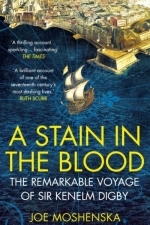
A Stain in the Blood: The Remarkable Voyage of Sir Kenelm Digby
Book
SHORTLISTED FOR THE JAMES TAIT BLACK PRIZE FOR BIOGRAPHY and THE ELIZABETH LONGFORD PRIZE FOR...
History
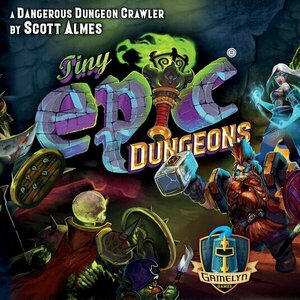
Tiny Epic Dungeons
Tabletop Game
Tiny Epic Dungeons is a fully co-operative dungeon crawler for 1 to 4 players set in the fantasy...
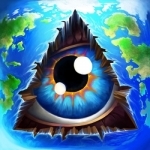
Doodle God™
Games and Education
App
Over 190 Million Players Worldwide! Available in 13 Languages UNLEASH YOUR INNER GOD AND CREATE A...

Marie Diamond
Education
App
Marie Diamond is a globally renowned European Transformational leader, speaker, teacher and author,...
Gareth von Kallenbach (980 KP) rated Once Upon a Time in Hollywood (2019) in Movies
Jul 25, 2019
Once Upon a Time in Hollywood takes place in 1969 near the end of the golden age of Hollywood. Rick Dalton (Leonardo DiCaprio) is an aging star of Westerns trying to desperately remain relevant in a world that considers those even in their 30’s as ancient, much like the black and white film common even to that day. His stuntman and best friend Cliff Booth (Brad Pitt) is happy to go along for the ride. More of an assistant and better known as the man who got away with killing his own wife, Cliff is content with his role in the world and isn’t looking for the next big break.
You can’t have a Hollywood story in 1969 without involving one of the most brutal murders of the time, that of Sharon Tate (Margot Robbie) and the now infamous Charles Manson and his “family”. A dark cloud that would leave a lasting mark on Hollywood itself. Their presence reminds us of the chilling reality to the evil that is lurking just outside the amazing set pieces and bright lights of the city itself.
Brad Pitt and Leonardo DiCaprio do a phenomenal job as one would expect. It’s always interesting to watch a movie where the actor is portraying another character in an entirely different movie and Leonardo delivers in spades. Brad Pitt brings his usual lovable charm to the otherwise tough persona as Cliff, the dog loving, Bruce Lee ass kicking sidekick. The chemistry between the two is undeniable, displaying both touching and comedic undertones throughout. It’s almost surreal to think that they are portraying characters that do represent themselves in the real world. It’s hard not to make the comparison of Brad and Leo to their onscreen characters, as aging stars wondering what the future holds for them.
Tarantino does a marvelous job of transporting his viewers back to 1969. Everything from episodes of old television shows, to advertisements on the street envelop the viewers in the tie-dyed/hippy reality of what the 60’s was. It’s hard not to be impressed with the cinematography that has been so lavishly recreated before us. The streets, the cars, even the film itself all take their cues from the time period. Car scenes are shot with laughably fake backdrops at times to remind us exactly the types of effects that went into filming back in the day. It’s a mix of old school and new school filming that takes you from one reality and places you in another. Tarantino does his best to make the audience more than spectators to what is developing on screen and instead as active participants.
Once Upon a Time in Hollywood is a fairytale of sorts, of what made Hollywood so special back in the 60’s. It lacks much of the brutal nature that has become second nature to Tarantino films, and those who are going to see it for its brutality will likely be very disappointed. It’s a film that is incredibly difficult to talk about without spoilers, because outside the general plot synopsis the viewer is left with more questions than answers. The film is long, coming in at two hours and forty minutes, and there are scenes that tend to drag on a little longer than necessary. Thankfully though, Tarantino has weaved a story of what was and what could have been, if Rick and Cliff both had existed…Once Upon a Time in Hollywood.
4 out of 5 stars
